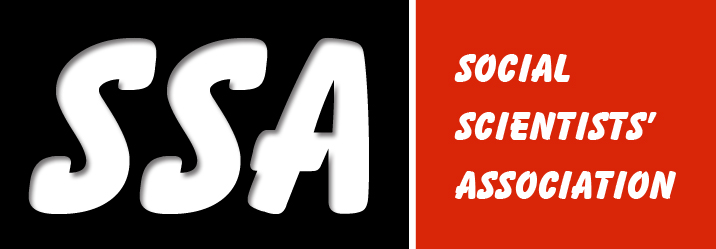In Conversation with Prof. Jayadeva Uyangoda
In this conversation, Prof. Uyangoda provides a candid and dispassionate analysis of a series of issues relating to the ethnic conflict and state-reform; two inter-related themes that have animated much of his academic work over the decades.
The discussion begins with an assessment of the impact of colonialism on the debates on ethnic conflict and state reform in Sri Lanka. Also discussed is the contentious question of how Sri Lanka’s political leadership dealt with the issue of ‘diversity’. In this regard, Prof. Uyangoda assesses some of the policies adopted by post-independence leaders, such as S.W.R.D. Bandaranaike [clip 1]. This involves an assessment of measures taken to share political power with the Tamil people in Sri Lanka; including, in particular, critical reflections on the 13th Amendment to the Constitution. What of the 13th Amendment? And is the old antagonism towards devolution prevalent today? This part ends with a discussion on the leadership provided by former President Chandrika Bandaranaike Kumaratunga to address the ethnic question [clip 2].
Prof. Uyangoda proceeds to highlight the absence of inter-elite support, as well as the prevalence of deep intra-elite conflict, that precludes the realization of any significant consensus on important issues relating to state reform and the ethnic question. The conversation thereafter focuses on the then Prime Minister Ranil Wickremasinghe’s administration of 2001-2004. Prof. Uyangoda addresses questions about the LTTE’s 2003-ISGA proposals, the Muslim-factor, and Wickremasinghe’s leadership. This part ends with an equally candid assessment of former President Mahinda Rajapaksa [clip 3]. Finally, Prof. Uyangoda talks about concerns relating to both Tamil and Sinhala nationalisms. The conversation concludes with a brief assessment of the present era of President Maithripala Sirisena, and the prospects for state reform in Sri Lanka [clip 4].
